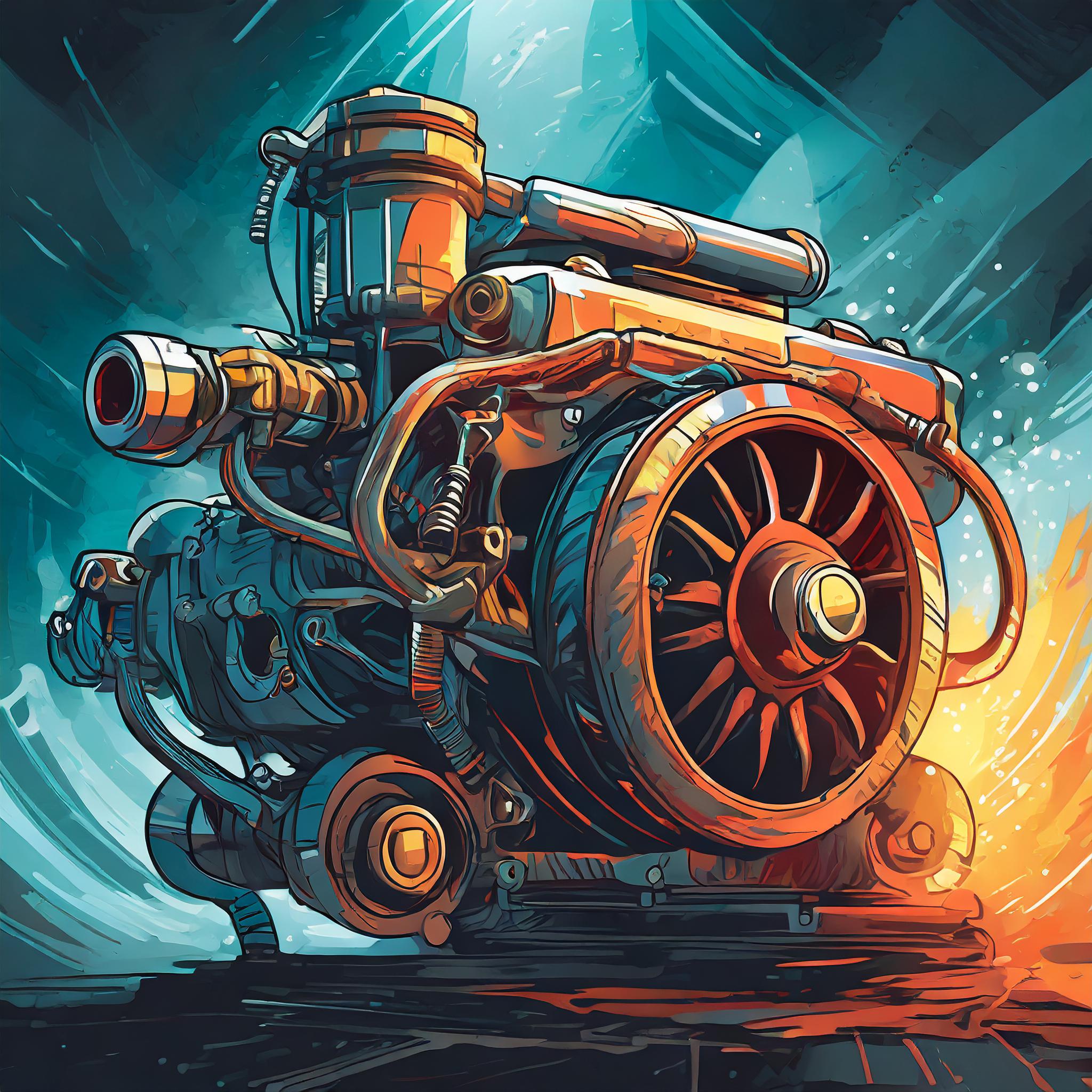1- Introduction
🚗 All cars produce sound, but not all of them are harmless, From harmless hums to alarming rattles, your car’s engine often gives early signs of trouble, Neglecting these unusual engine noises could result in costly damage or unexpected vehicle failures, In this article, we explore 10 engine sounds every driver should pay attention to and what they might mean, Understanding them could save you time, money, and ensure your safety on the road.
🗂️ Table of Contents
2- Why Engine Sounds Matter 🛠️
The engine in your car relies on a delicate balance of moving components working in sync, When something goes wrong, it doesn’t always show a dashboard warning it often makes a sound, Learning to recognize unusual engine noises is a powerful way to catch problems early, It can help you avoid breakdowns, protect passengers, and extend your vehicle’s lifespan.
3- Knocking or Pinging Under the Hood 🔊
A knocking or pinging noise can sound like marbles rattling in a tin can, It often indicates premature combustion in the cylinders known as detonation, This can result from using the wrong fuel octane, carbon buildup, or engine timing issues, Left unresolved, it could severely damage the engine.
4- Squealing When You Start the Engine 🔊
If you hear a loud squeal when you start your car, the culprit is likely a worn or loose serpentine belt, This belt is responsible for driving essential systems such as the alternator and cooling pump, Neglecting a damaged belt may result in overheating, steering difficulties, or charging problems, Replacing a belt is far cheaper than repairing the damage it could cause.
5- Hissing or Steam Sounds 🔊
A hissing noise, especially from under the hood, can point to a leaking vacuum hose or a pressurized coolant leak, If accompanied by steam or a sweet smell, it could mean a cracked radiator, hose rupture, or head gasket issue, Immediate inspection is recommended to avoid engine overheating.
6- Grinding While Driving or Braking 🔊
Grinding noises are almost always a red flag, If heard during braking, it means your brake pads may be completely worn down, causing metal-on-metal contact, If grinding occurs while driving or turning, it might indicate bad wheel bearings or transmission issues, Never ignore grinding it directly affects driving safety.
7- Repetitive Ticking or Tapping from Under the Hood 🔊
Tapping noises from the engine may indicate oil shortages or worn valve components, The rhythm of the ticking often speeds up when the accelerator is pressed, this sound might also suggest a failing lifter, worn rocker arms, or camshaft problems, start by checking the oil level as a first step, and if the noise remains, having a qualified technician investigate further.
8- Roaring or Loud Exhaust 🔊
An excessively loud exhaust or roaring under the car could point to a broken muffler or a hole in the exhaust system, Not only is it noisy and unpleasant, but it also increases emissions and can cause dangerous fumes to enter the cabin, An inspection is critical.
9- Popping or Backfiring 🔊
Popping or backfiring often occurs due to improper air-fuel mixture, a faulty spark plug, or timing issues, These sharp noises from the exhaust can scare both driver and pedestrians, Chronic backfiring can damage your exhaust system and catalytic converter, Inspecting the ignition and fuel delivery systems is necessary to resolve such issues.
10- Whining or Whirring Noises 🔊
A whining sound that changes with engine RPM could mean a failing power steering pump, a worn alternator, or a transmission problem, Whirring may also result from low transmission fluid or bad bearings, Ignoring it may result in total component failure and high repair bills.
11- Rumbling or Vibrating at Idle 🔊
If your car shakes or rumbles while idling, it could indicate worn engine mounts, a dirty throttle body, or misfiring spark plugs, The engine should feel steady at a stop, Ongoing vibration at idle can negatively affect gas mileage and engine performance.
12- 🧠 Real Life Story
🧠 Jason, a delivery driver, noticed a faint ticking sound under the hood, He thought it was minor and ignored it, Two weeks later, the ticking turned into loud knocking, and the engine seized, The cause? Low oil level and a failed camshaft, A simple oil check could’ve saved him $2,000 in repairs.
13- ✅ Final Thoughts
Listening carefully to your engine is key identifying sounds early may save you from large repair bills and potential safety risks, Whether it’s a squeal, knock, or hiss, take every unusual sound seriously, And when in doubt, trust your mechanic’s ears too before it’s too late.
📌 Internal Link :
🔋 When to Replace Your Car Battery: 8 Critical Warning Signs You Shouldn’t Ignore
🌐 External Source :

